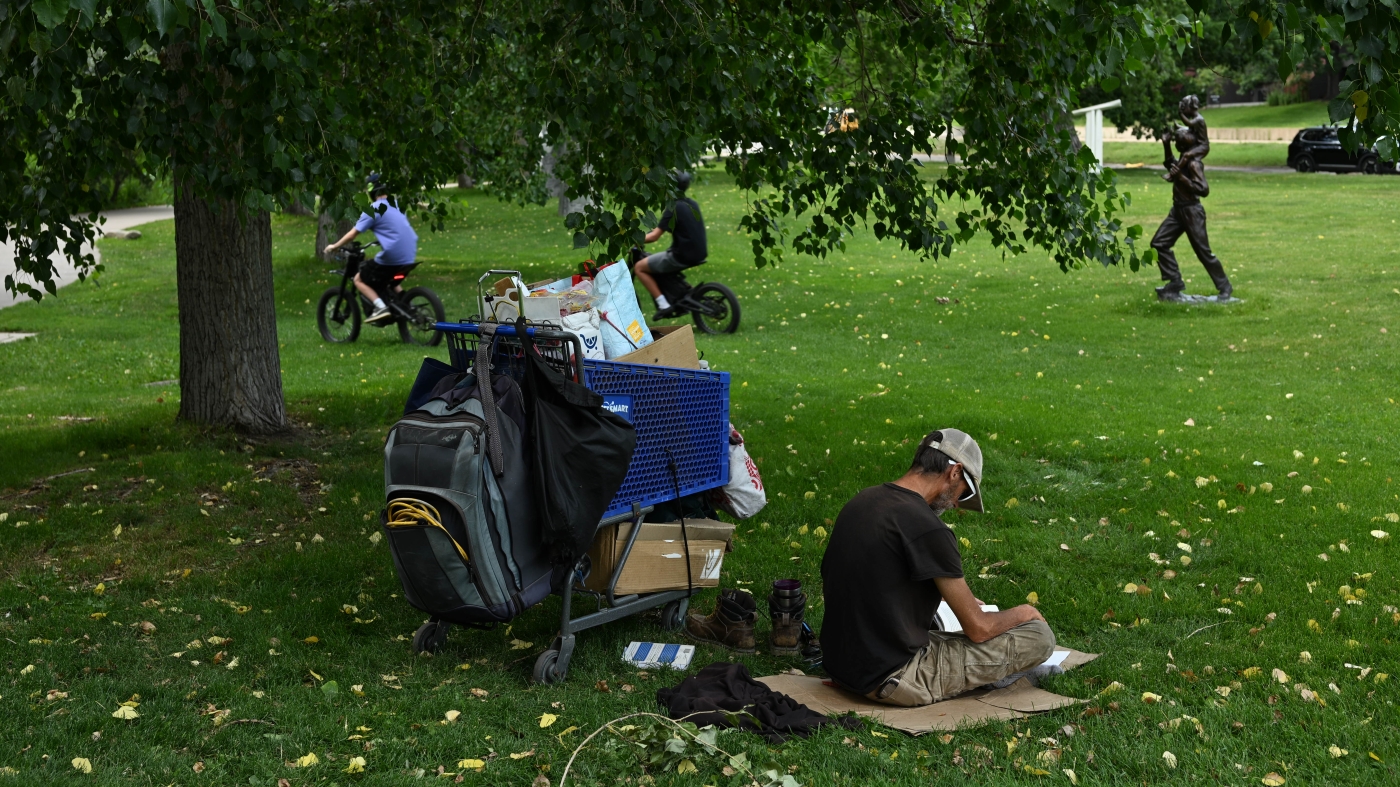Trump Administration’s 2020 Executive Order on Homelessness: A Look Back at Policy Shifts and Criticisms
Trump Administration’s 2020 Executive Order on Homelessness: A Look Back at Policy Shifts and Criticisms

In a significant policy shift during his presidency, Donald Trump signed an executive order in 2020 aimed at overhauling the nation’s approach to homelessness. This order, fulfilling a campaign promise, sought to empower states and cities to more easily clear outdoor encampments and direct individuals into mental health or addiction treatment, including involuntary civil commitment for those deemed a risk to themselves or others.
The executive action marked a departure from longstanding federal policies that prioritized a ‘housing first’ approach, where individuals were housed before receiving treatment. Instead, Trump’s order advocated for redirecting federal funding towards programs requiring sobriety and treatment, and favored cities that enforced bans on homeless camping. It also instructed federal departments, including Health and Human Services, Housing and Urban Development, and Transportation, to prioritize grants for areas actively cracking down on illicit drug use, urban camping, loitering, and squatting.
Critics widely condemned the order, arguing it failed to address the root causes of homelessness and could exacerbate the crisis. Organizations like the National Homelessness Law Center and the National Alliance to End Homelessness voiced concerns that the policy criminalized homelessness and mental illness, and that institutionalizing individuals was neither dignified nor evidence-based. Furthermore, the order’s directive to defund ‘harm reduction’ addiction programs, which are crucial for reducing overdoses and supported by extensive research, drew sharp criticism from addiction experts.
This policy move built on a 2019 Supreme Court ruling that affirmed cities’ rights to penalize individuals for sleeping outdoors even without alternative shelter. The order reflected a growing conservative pushback against the ‘housing first’ strategy, which had previously enjoyed bipartisan support but faced scrutiny as homelessness rates continued to rise. Organizations like the Cicero Institute, a conservative think tank, lauded the order, contending that the ‘housing first’ model had failed to adequately address the treatment needs of the homeless population. The Trump administration’s dismantling of the U.S. Interagency Council on Homelessness, an advocate for ‘housing first’ policies, earlier that year further underscored this policy shift.
Disclaimer: This content is aggregated from public sources online. Please verify information independently. If you believe your rights have been infringed, contact us for removal.